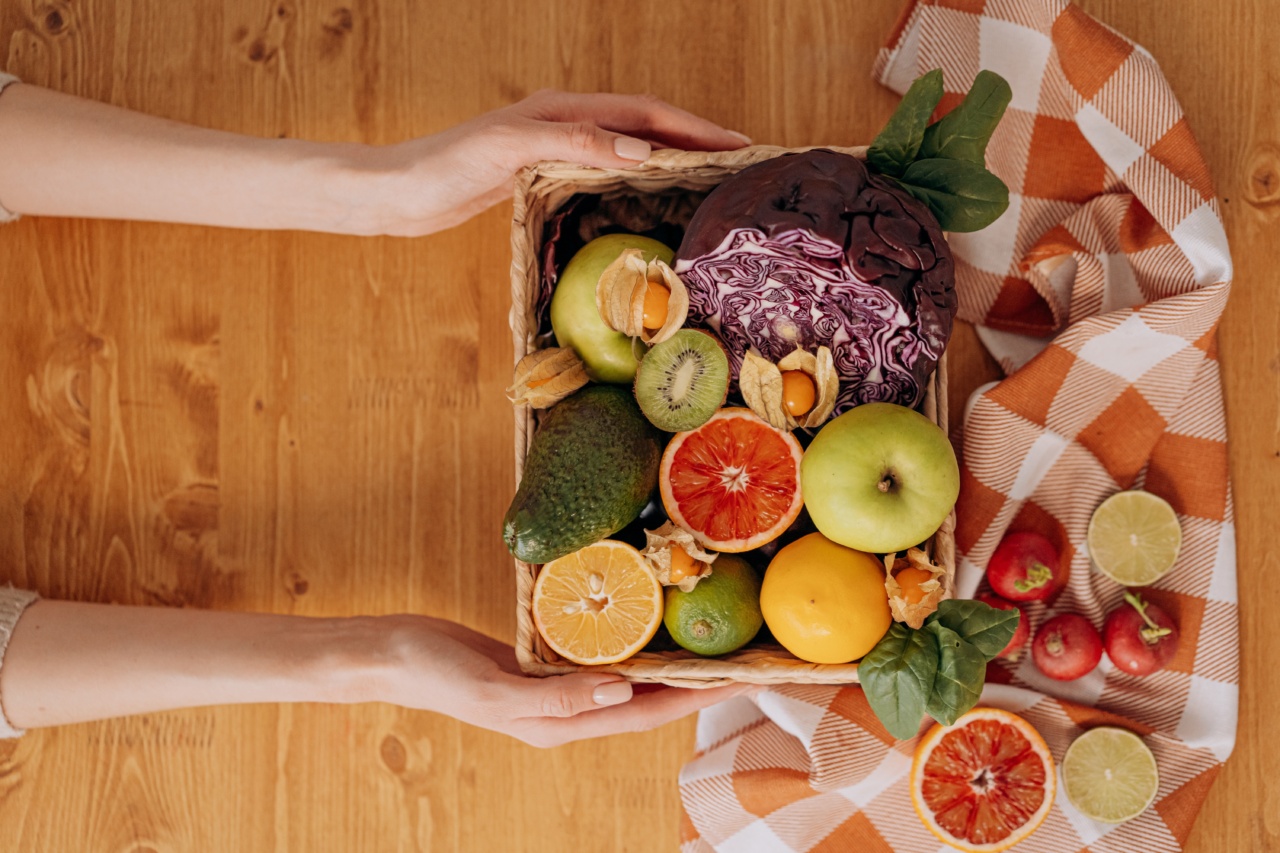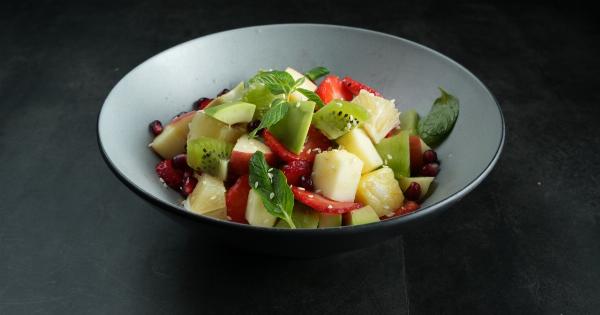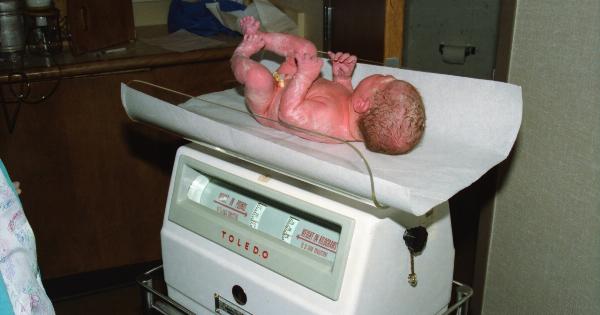When it comes to introducing new foods to a baby’s diet, parents often have concerns about potential risks and allergies. One such fruit that raises questions is the kiwi.
Known for its vibrant green flesh and unique taste, the kiwi is packed with essential nutrients. However, it’s important to understand whether or not consuming kiwi poses any risks to a baby’s health. In this article, we will explore the potential benefits and risks of introducing kiwi to a baby’s diet.
Benefits of Kiwi for Babies
Kiwi is considered a nutritional powerhouse, and it offers several potential benefits for babies:.
1. High in Vitamin C
Kiwi is an excellent source of vitamin C, which plays a crucial role in strengthening the immune system. Introducing kiwi to a baby can help boost their immunity, reducing the risk of common ailments.
2. Rich in Fiber
Fiber is essential for maintaining a healthy digestive system. The consumption of kiwi can aid in preventing constipation, a common issue among infants.
3. Packed with Antioxidants
Kiwi contains a variety of antioxidants that may help protect cells from damage caused by harmful free radicals. These antioxidants contribute to overall health and well-being in babies.
4. Source of Essential Nutrients
Kiwi also provides various essential nutrients like potassium, folate, and vitamin E, all important for a baby’s growth and development.
Consideration for Introducing Kiwi to a Baby
While kiwi offers multiple benefits, it’s essential to take certain factors into consideration when introducing it to a baby’s diet:.
1. Allergies
Kiwi is among the fruits known to trigger allergic reactions in some individuals. Baby’s with a history of food allergies or a family history of kiwi allergies should proceed with caution.
It’s advisable to consult a pediatrician before introducing kiwi.
2. Digestive Concerns
Kiwi is classified as an acidic fruit, which can sometimes lead to digestive issues in babies. Parents should monitor their baby’s reaction after introducing kiwi and watch for signs of stomach discomfort or diaper rash.
3. Preparation and Serving
Parents should ensure that kiwi is ripe before serving it to a baby. It is advisable to peel the kiwi and remove the seeds, as they can pose a choking hazard.
Additionally, serving kiwi in small, manageable portions is crucial to avoid overwhelming the baby’s digestive system.
When to Introduce Kiwi to Your Baby
Introducing kiwi to a baby’s diet can be done in a stepwise manner:.
1. Introduce Single-Fruit Puree
Between 6-8 months, parents can start by introducing single-fruit puree to their baby’s diet. Begin with fruits that are less likely to cause allergic reactions, such as apples or pears.
2. Observe for Allergies
After introducing single-fruit puree, observe your baby for any signs of allergies or adverse reactions. If your baby shows no symptoms and their pediatrician approves, you can gradually introduce kiwi.
3. Offer Mashed Kiwi
When your baby is around 8-10 months old, you can start offering mashed kiwi. Ensure the fruit is ripe and mashed to a suitable consistency for your baby to handle easily.
4. Proceed with Small Pieces
Between 10-12 months, you can introduce small, bite-sized pieces of kiwi. Remember to remove the peel and seeds, and supervise your baby to prevent any choking hazards.
Conclusion
Kiwi can be a beneficial addition to a baby’s diet, primarily due to its high nutrient content. However, parents need to be aware of the potential risks associated with kiwi, including allergies and digestive concerns.
It is crucial to consult a pediatrician before introducing kiwi or any new food to your baby. By following the recommended guidelines and carefully observing your baby’s reactions, you can determine if kiwi is suitable for their individual needs.




























